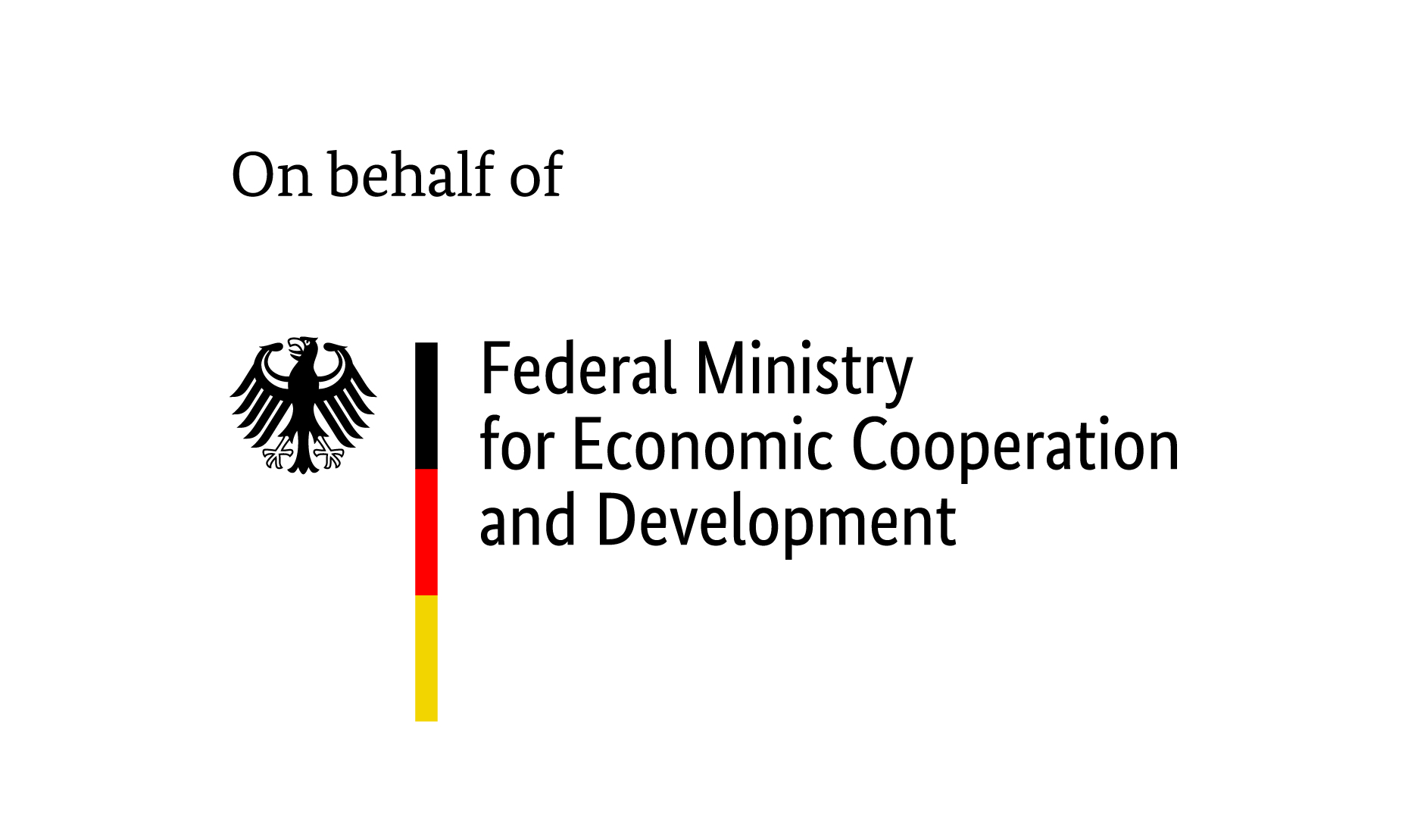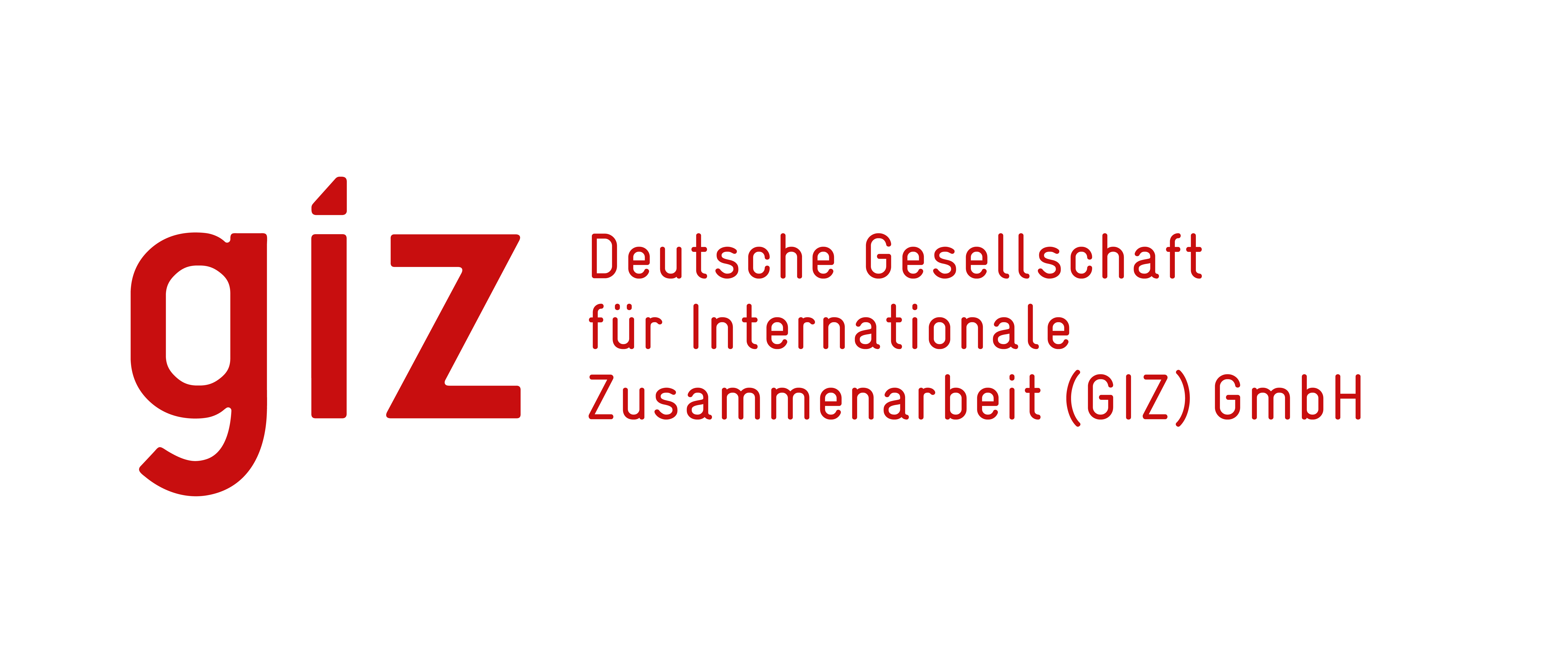
Two years after receiving a ‘big push’, women in some of the country’s poorest households perform better across many dimensions, including equality
Read "No Household Left Behind: Afghanistan Targeting the Ultra Poor Impact Evaluation" by Guadalupe Bedoya, Aidan Coville, Johannes Haushofer, Mohammad Isaqzadeh and Jeremy P. Shapiro here.
The numbers of people living in extreme poverty have dropped dramatically in the last few decades, but less so in fragile and conflict-affected areas, where implementation of interventions is more challenging.
In this VoxDevTalk, Guadalupe Bedoya, Aidan Coville and Mohammad Isaqzadeh discuss their work with Johannes Haushofer and Jeremy Shapiro in which they investigate the impact of the Targeting the Ultra Poor programme in Afghanistan on the poorest households across 80 villages in Balkh province. These were extremely vulnerable households that were worse off across all dimensions (human capital, financial capital, economic opportunities, etc.). The programme targeted women in these households as, in conflict-affected areas, women’s already increased vulnerabilities are aggravated by the higher incidence of shocks, which tend to affect women disproportionately. The women in the recipient households received a one-off ‘big-push’ package, including a transfer of livestock assets, a cash consumption stipend, skills training and coaching.
One year after the programme ended – i.e. two years after assets were transferred – large impacts are found across outcomes including consumption, assets, psychological wellbeing, total time spent working, financial inclusion and – significantly in the context of Afghanistan – women’s empowerment.
The cost of the intervention can be justified on the basis of increased consumption alone, before any of the other benefits are taken into account. Possibly the most remarkable thing is how unremarkable this type of result is becoming as we learn more about the transformative nature of these types of programmes across many different settings.







